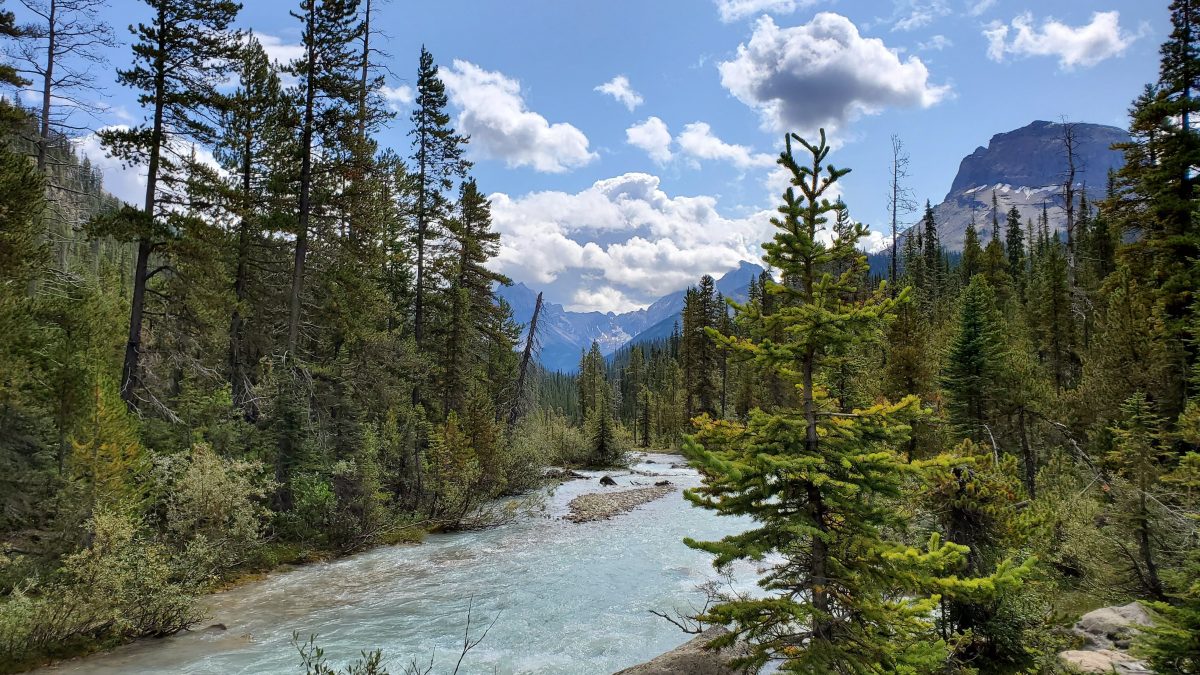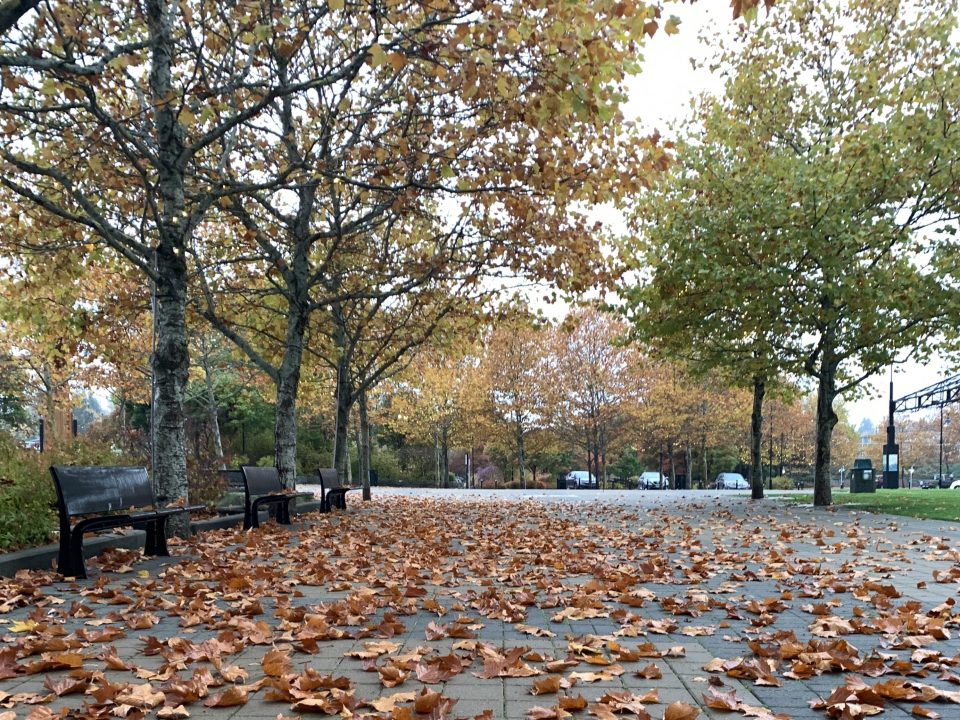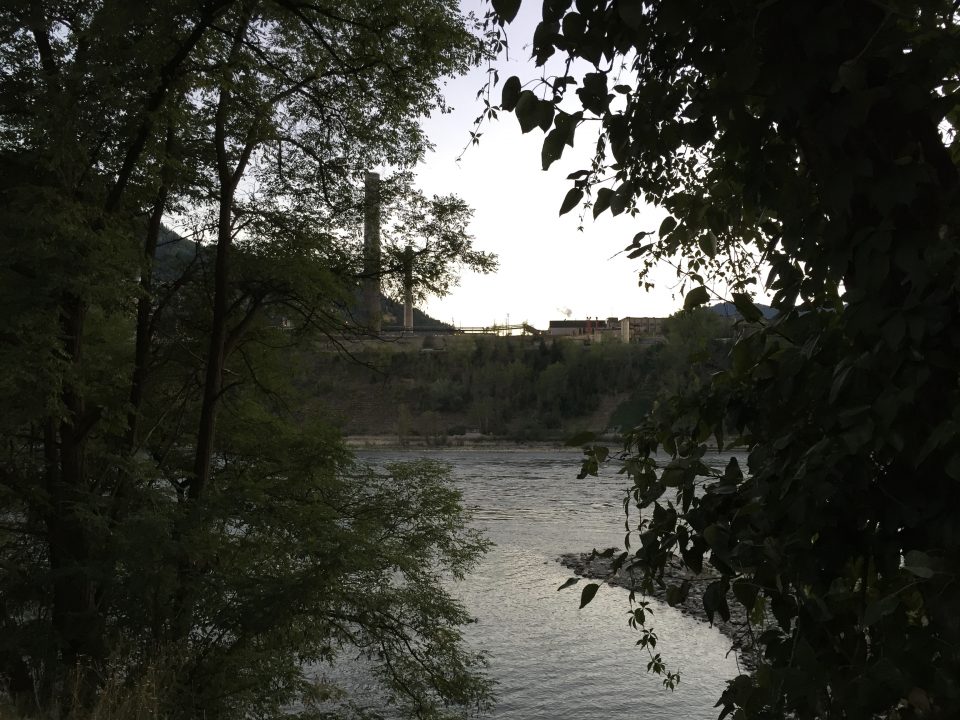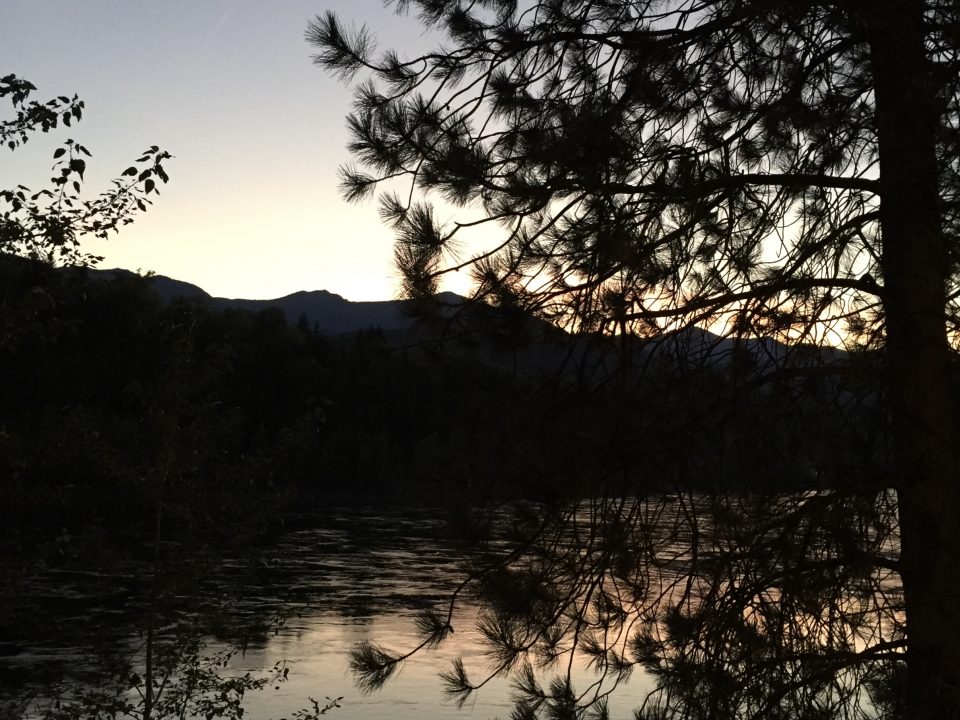2020 BC-Yukon Flash Fiction Winner

It is with gratitude that I thank the Federation of BC Writers for the honour of receiving the 2020 BC-Yukon Flash Fiction prize for my piece, My People Came Down From the Mountains. It was published in the January 2021 issue of WordWorks Magazine. Here is what the judge had to say (honestly, as I read this, I kept thinking, is she talking about *my* writing?):
“From the first opening sentence the language here is evocative, sumptuous, and masterfully laid. Richly textured and hand-picked, words and phrasing like ‘ brittle ghosts’, tough and canny, ears akimbo, gambol and sway, descendants scattered like streams and creeks… sets this piece apart and holds the bar high. In flash fiction imagery is everything. And here, in the connective tissue of words, eidetic imagery is in effect. The reader is kept well immersed. There is a musicality in the unfolding of this piece with keen attention paid to cadence and rhythm. And, its impressionistic flavouring, a blending of folklore with fable, rings true all the way to the denouement, rarely striking an inauthentic note. The breadth of voice, subject, and setting here, feels unique, and utterly its own. This is a story that distinguishes itself.” – Karen Schauber

Here it is…
My people came down from the mountains, brittle ghosts armed with blades and hacksaws. They were big eared, small-footed and had red-knuckled hands. They carried no expectations. The men were tough and canny, ready with violence, religiously upright, but secret drunks. The women bore the men, bruised and joking.
They were hard and selfish people, except perhaps one great-grandfather. Imagine a small man, balding, ears akimbo, wearing a clean white shirt. He has an accordion strapped to his chest and his small feet count measures as his fingers fly on the keyboard, the bellows wheezing.
He had three daughters and he taught them all to dance. When he finished teaching the girls, he taught the rest of the town to dance as well. He taught the loggers, and the fishers, and the women who served the coffee and made waffles from scratch at the pancake house. Dancing his way to respectability, the town eventually named an avenue after him.
You can still travel to this northern town, back up over the mountains, and down again to the valley floor. His town is on the Skeena River, where the Canadian National Railway meets the Yellowhead Highway. Following the strains of that ancestral squeezebox, you can find the street named for him, in gratitude for his gambol and sway. Standing beneath the street sign you will see the road goes nowhere.
His daughters– three sisters– chose different lives. One stayed put, dutiful. Two left town, travelling up over the mountains to new small towns in remote valleys where highways meet rivers. Of these, one found a husband, settled down, and did the normal things. She kept a clean house, raised good children and had a way with African violets. The third sister was lost. She was the broken one. A nurse called Fanny, she loved to work, was forced to marry, and could not stay away from the bottle. Why? Not necessarily a useful question. Perhaps as a child, she was made to dance against her will.
Eventually she drowned in her sorrow. There are not enough words to fill the emptiness she left behind. Like her father, she played the accordion, and while she lived, she tried to pass the love of this peculiar instrument on to her grandson. This, like so many other things, failed. Her progenies are hopelessly unmusical.
I am of the granddaughters and grandsons, descendants scattered like streams and creeks moving away from the fault lines in the mountains to some greater waterway. Living by my wits on the shore of a mighty sea, I make poems and fill my pockets with round stones gathered at the water’s edge. I awaken when the moon is full; listen for ghosts, check for saw and blade. At times, I am seized by the uncontrollable urge to dance. Always, I am careful with my feet.
###



